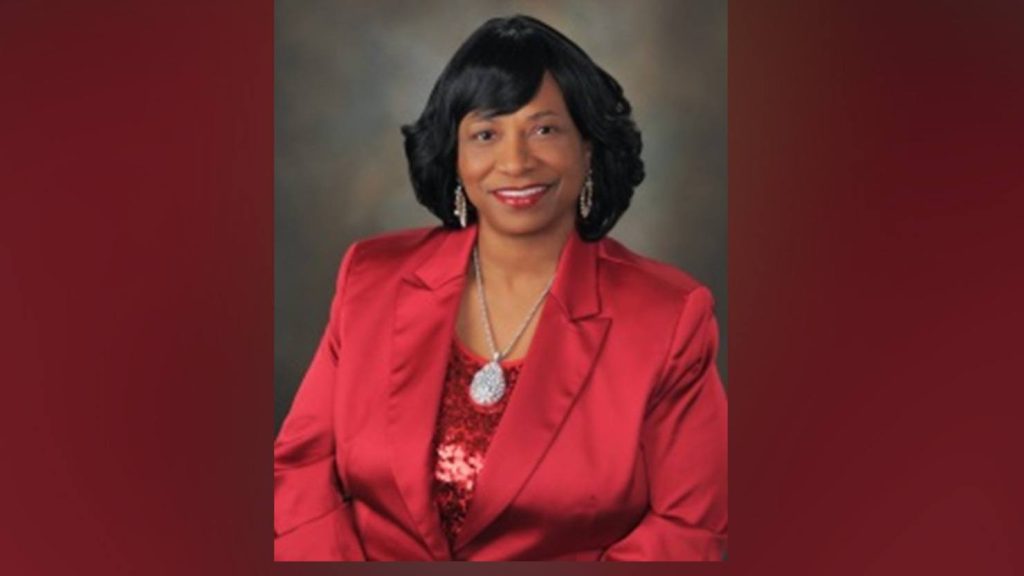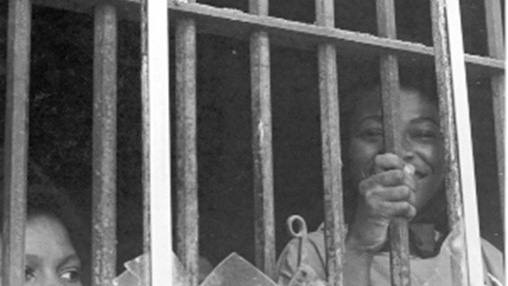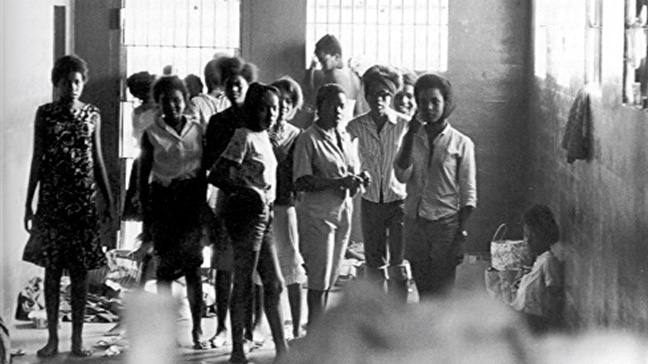-
Featured News
From civil rights to transplant awareness, advocate continues to make a difference

As America celebrates Black History Month, one civil rights activist is celebrating a new lease on life. Dr. Shirley Green-Reese received a kidney transplant in June 2022 at Mayo Clinic in Florida. Her kidney transplant is only one chapter in an incredible life story.
Dr. Green-Reese is no stranger to turning challenges into triumphs. In 1963, at the age of 13, she was one of 15 young African American girls who were arrested for peacefully protesting racial segregation in Americus, Georgia. Known as the Leesburg Stockade girls, they were jailed for nearly two months in an old, Civil War-era stockade with no beds, clean water or plumbing. Those deplorable conditions would have long-term health consequences for Dr. Green-Reese, including what may have led to her kidney failure later in life.


After she was released, Dr. Green-Reese would go on to lead a life and career as a civil rights pioneer advocating for equality and speaking out against social injustices. In addition to her activism, her career roles included time as a professor, director of intercollegiate athletics, assistant vice president and member of the NCAA Management Council. She also has received many honors, awards and recognition from organizations, including the Georgia Legislative Black Caucus, the National Black Caucus of State Legislators, the National Smithsonian Museum of African American History, Florida State University, the NCAA National Youth Sports Program, John Lewis Fellowship, the Boys & Girls Clubs of Americus, the Boys & Girls Clubs of America and more.
In 2013, Dr. Green-Reese again faced adversity battling diabetes and cancer in one of her kidneys. Upon learning a kidney transplant could improve her health and quality of life, Dr. Green-Reese took her story to a Georgia TV news station in a bid to find a donor. In early 2022, WGXA featured Dr. Green-Reese in a story, mentioning her need for a kidney. A local viewer, Charlotte Johnson, was inspired by Dr. Green-Reese and stepped up to donate a kidney to a woman she had never met. "It is the most wonderful gift anyone can possibly give to another person," says Dr. Green-Reese.
As Dr. Green-Reese continued to deal with kidney disease, it started to progress significantly. She began researching Mayo Clinic’s kidney transplant program and reached out for an appointment. Within two weeks, Dr. Green-Reese received an appointment.
"During my appointment with several doctors, my kidney transplant journey became a joy and a reality," says Dr. Green-Reese. "As a result of the wonderful and professional doctors, nurses and support staff at Mayo Clinic, I was blessed with a successful living kidney transplant in June 2022. Today, I am feeling great with lots of energy. And most of all, I am able to continue making a difference with my educational community goals and professional services for many years to come. All of my successful medical outcomes are due to the amazing work done at Mayo Clinic in Jacksonville. I am pleased that I took the necessary steps early in my life as an African American to become more educated concerning kidney disease, kidney failure and kidney transplant while overlooking all of the misleading and false information concerning organ donations."
These days, Dr. Green-Reese has increased her activism portfolio. She not only continues to advocate for civil rights, but also organ donation and transplant awareness. Research has shown that African Americans are more than three times as likely to have kidney failure than white people and less likely to be wait-listed for a kidney transplant. Recognizing there is a lot of mistrust and uncertainty that may discourage minorities from seeking health care or considering becoming organ donors, Dr. Green-Reese is using her story to encourage and inspire others.
"There are myths and non-truths that may discourage minorities from seeking the optimal care of kidney disease and considering donating organs to help others," says Martin Mai, M.D., transplant nephrologist and medical director of the Kidney Transplant Center at Mayo Clinic in Florida. "Providing opportunities for patients to hear about experiences from folks from the same community may be the best way to build trust and provide needed information to make decisions."
Mayo Clinic's Florida Transplant Center is celebrating its 25th anniversary this year. The center introduced kidney transplants to the program in 2000.







